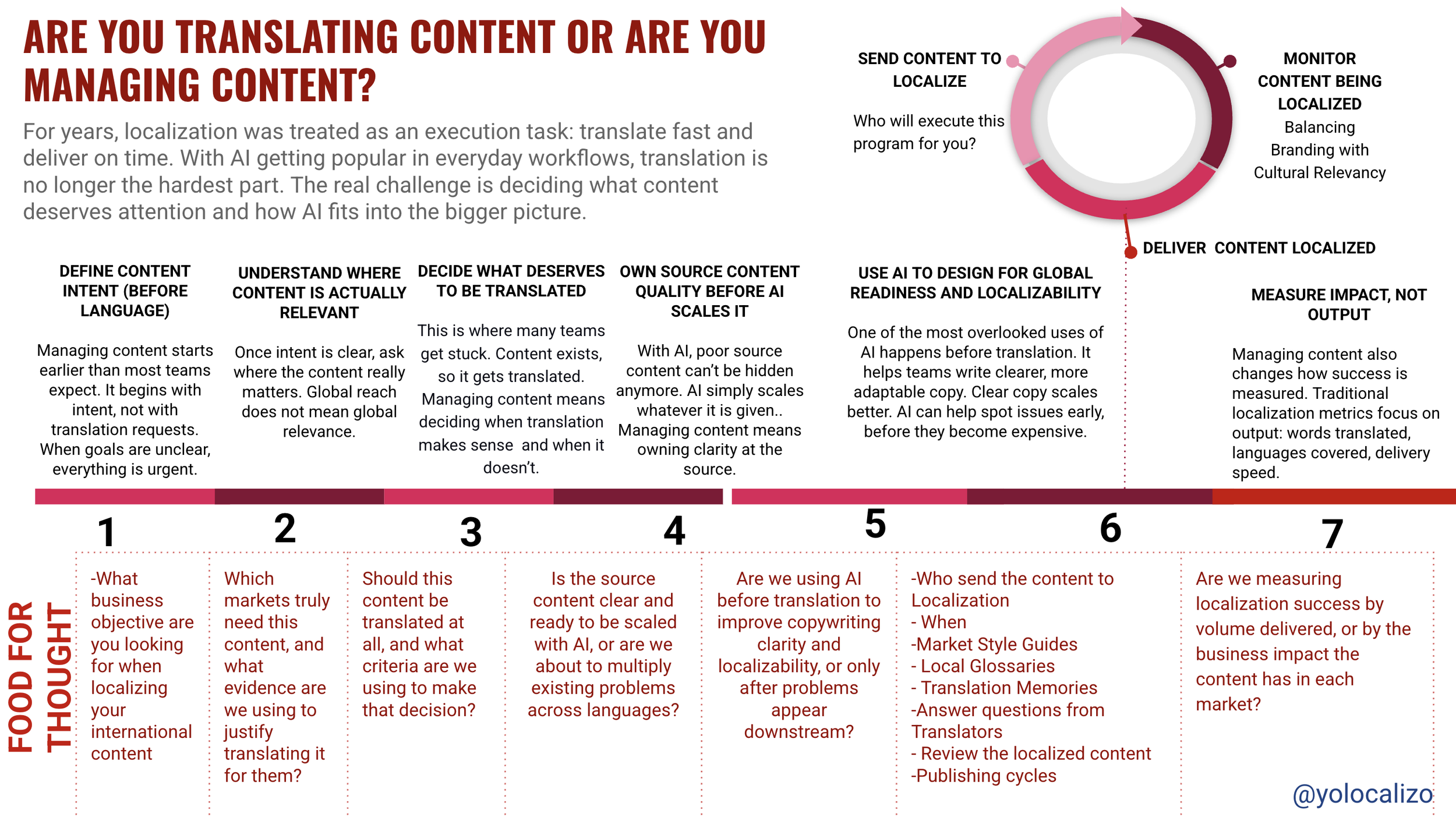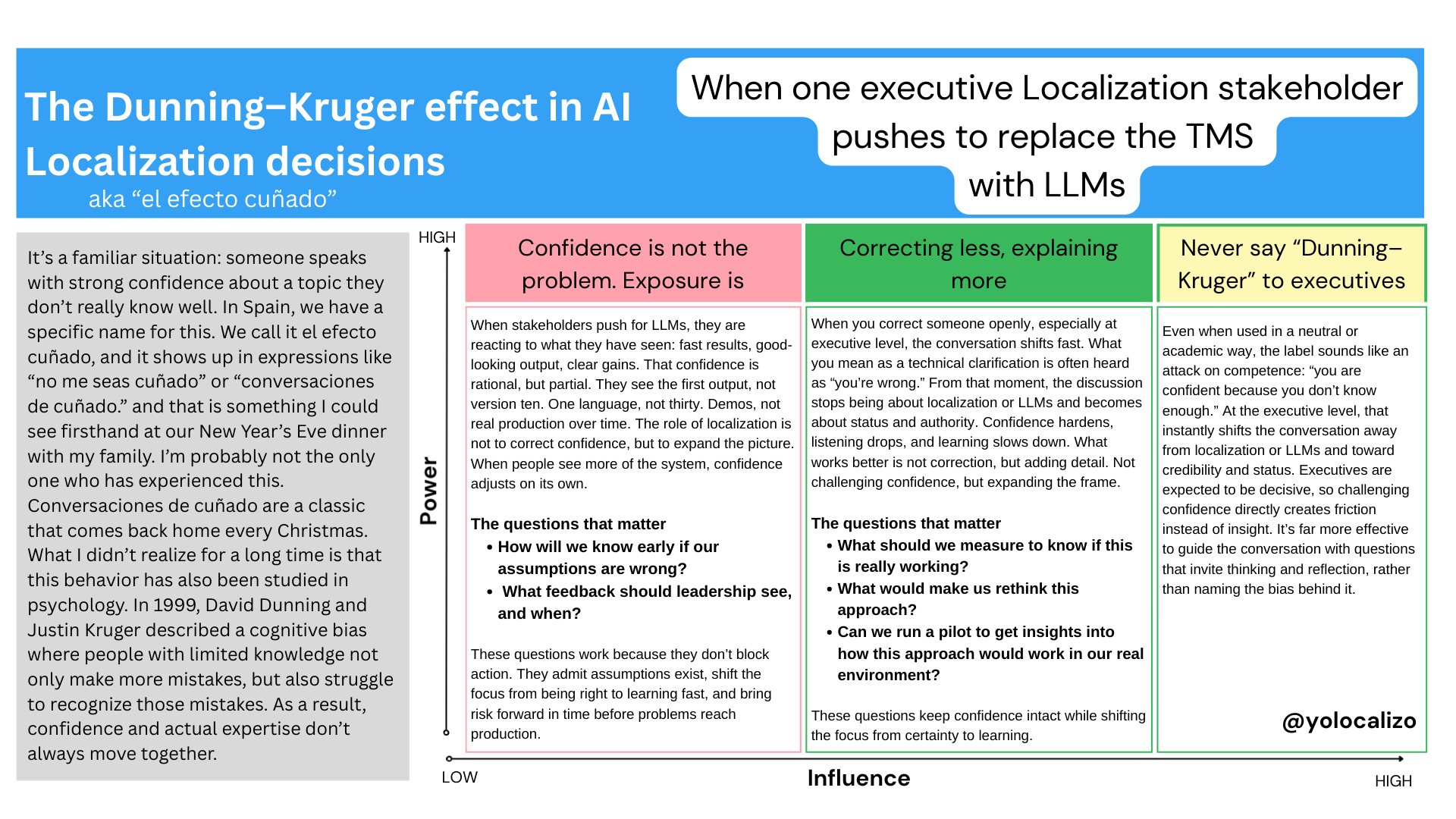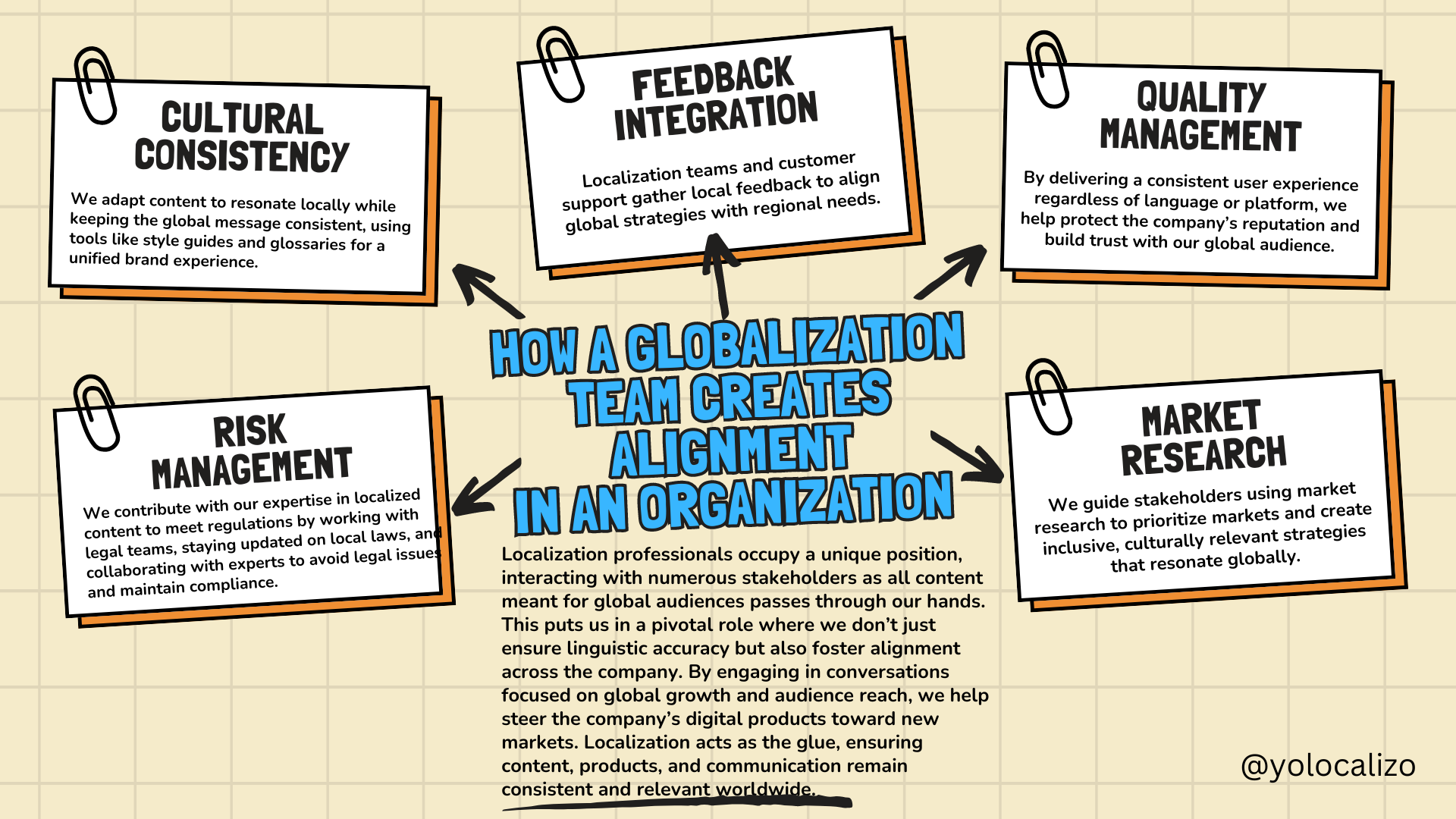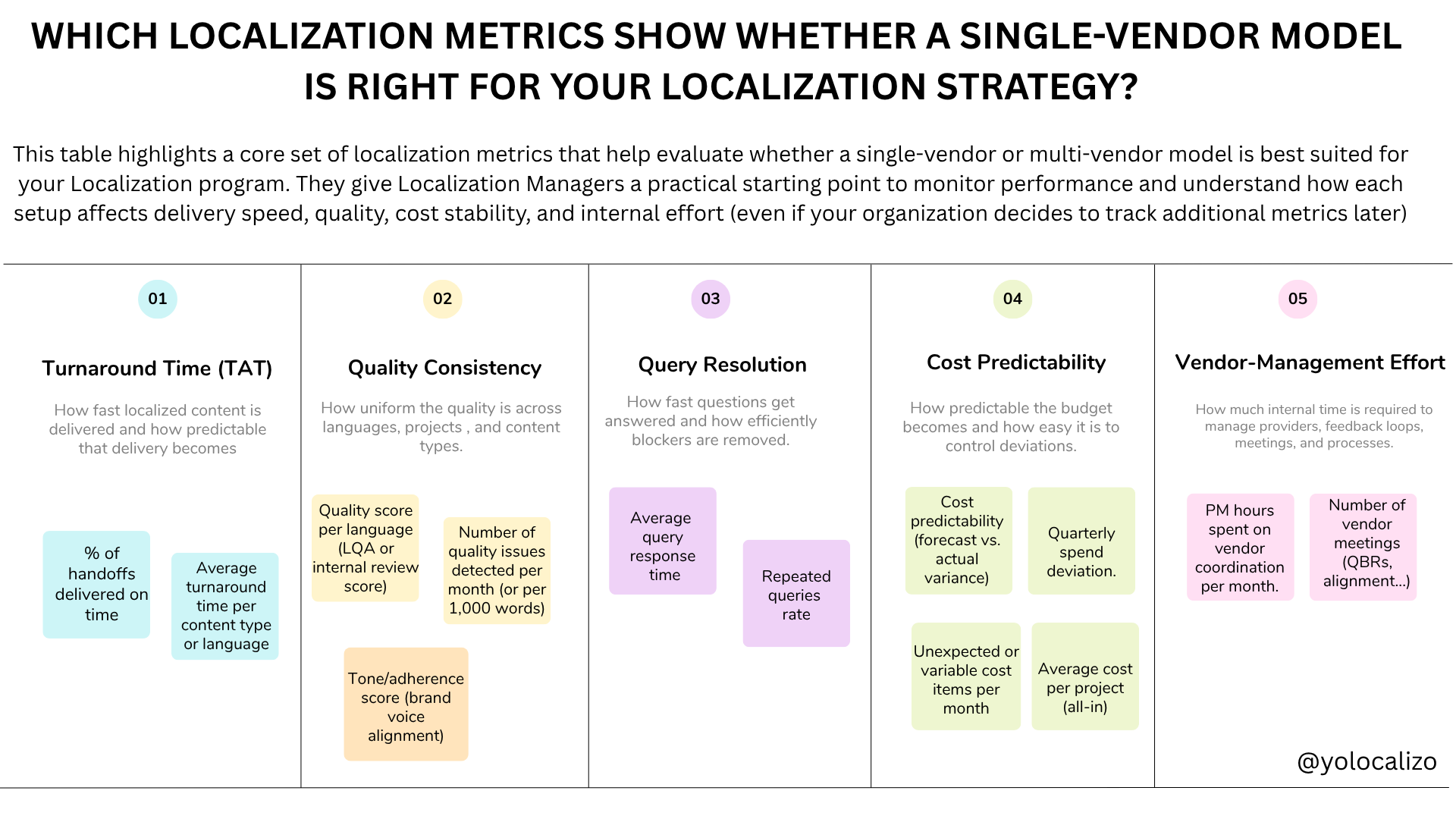English is just another language, why then we have first-class citizens and second-class citizens depending on the language we speak?
What has more value for a company? 10,000 USD or 1,106,779.32JPY or 93,622.51SEK or 53,189.84TR or 655,691.72RUB?
You do not have to go to XE.net to do the conversion, I'm telling you, they have the same value, 10,000 USD has the same value when doing the conversion. A sale in Italy of 8800 Eur is the same as a sale of 10000 USD in Michigan that a sale of 655,691.72RUB in Russia; then, if the value is the same, why we pay less attention to the international markets in the development of an app (or software, or web page)?
Why do we consider our English-speaking clients as first-class citizens and the rest as second-class citizens?
Do you think I'm exaggerating?
I do not think so, think about the time you spend developing an app; normally the source language is English, and you invest a lot of time studying the UI, following the best practices of UX, you invest a lot of time in finding the tone, style, perfect narrative, the way to create a message that empathizes with our potential customers. Time is spent looking for the perfect content, we run an audit to know the best name to use in the English market, focus groups are made to study the reactions of future users, we study the meaning of the colors we want for our logo, for our website ... .. many hours, lots of money, a lot of effort invested in creating the perfect app, with the perfect UX, with the perfect content, and with a beautiful font. We want our potential users (anglo-speakers) to have the best possible experience when interacting with our app.
To me that seems great, treat our customers like real Kings and put them in the center of the user experience, that's a great mindset!, now my question is, why when we localize an app, the development team does not usually have the same level of attention for the English product that for the translated product? Many times a dev team will buy an expensive English font and then use a system font for Korean or Thai. Perhaps the user experience of these clients is less important than an English speaker??, should we consider them second-class citizens and give them an uglier app? In a way, we want their money when we monetize our in-app purchase; but we don't want the headache of internationalizing the app for those countries, do we?
And what to say about those truncated texts that we see in European languages because target texts are longer than English ...
If we invest many hours in UX English best practices, why later on many occasions the developers do not have time to fix the bugs and we might see comments in the bug report such as "Minor bug not affecting functionality, postpone; we'll have to live with that "
If the Product Owner gives months, sometimes even years to develop the app to the devs, why many times the necessary time is not given to the Localization QA team to bring the quality of the app in English to the rest of the markets? Why do we listen so often "we cannot allocate to LQA phase 2 weeks because the release is just around the corner" I've been always curious about why that behavior. I have asked that many many teams during my career to the dev team, portfolio managers, technical directors, why we don't give the time to an LQA team so we can ensure quality is top-notch across all the markets? Not just for the English product. As of today, I have not heard any single convincing argument, I'll keep asking :)
I find it hard to understand that for a language there is so much time and energy invested, and then for other languages, the level of demand is lower.
Would we take an app to the English market with missing fonts?
With truncated text?
With errors in the currency?
Or in the date formatting?
I think most developers and product owners would answer no; then, why the answer is different when we think of the non-English market?
Should not we all be first-class citizens and receive the apps with the same caring and quality regardless of the language we speak as natives?
There are many companies that have a bigger income coming from the non-English market than from the English market, those companies understood that there are not first-class citizens and second class citizens, they devote the same effort to treat all customers as first-class citizens (Apple is a good example;Netflix and Microsoft are also great examples);
Source: CSA What Your Organization Can Learn from Apple’s Trillion Dollar Market Valuation
But then, there are many companies that in theory seem to treat all their users as first-class citizens, but then,no, not really, they are not really investing the same effort and quality for English than non-English
Source: Counter Point
Am I exaggerating ?, let's do a simple 3-question litmus test to see if we are paying the same attention to English as non-English
- Are you actively creating content avoiding string concatenation? Or you just create content not having localization in mind. "Our news app [% appname%] is going to be released on June 23" if you think that% appname% will work fine in different sentences other than English, please, re-think again, it will not work. Different languages will have a different syntax and we will need to add additional articles or modifications after the name
- Are you allowing text expansion of up to 30% in your UI or are you using all the space in your English copy? If you are doing the second, you are putting the translators in a very difficult situation as they will struggle enormously to produce a translation shorter or similar to English. English is a shorter language, period
- Is your English copy facilitating the localizability of the product ? are you using "they" and "their" instead of gender-specific words ? are you using words with few synonyms ? are you avoiding the use of phrasal verbs when creating your content? There are many phrasal verbs in English, these verbs might be very confusing in the localized version.
If you are surprised when you read these 3 questions in a row, you are probably not creating content with target countries in mind
I understand that the English market is important and deserves to be treated as first class citizens, but the non-English market is also important, in many cases providing even more benefits than the domestic market, in many cases providing even more benefits than the domestic market.
The other day Jan Hinrichs Founder & CEO of Beluga published a photo in his LinkedIn feed (thanks Jan!) that made me reflect.
Thank you for posting Jan!
"Business is international so are we"
And that for me means that there are neither first-class citizens nor second-class citizens, but companies that take the development of a product in English just as seriously, as in its translated version.
My post this week is different from other articles where I write about best practices and guidelines; today's post is more a reflection to hopefully influence some devs to pay attention to localization since the very beginning ... the money of the not native English-speakers has the same value as the English speakers; let's give them all the same love and the same level of quality in the application. Thank you dear Dev teams from a non-native English speaker!
Good luck to all of us and let's all be first class citizens !😁
@yolocalizo



















Outside the circles of localization and globalization, translation is still seen as the step to go global. As if adapting the language automatically creates a global product. As if users in new markets will suddenly feel at home just because the words are no longer in English. In reality, that’s rarely how it works. Users don’t experience products in pieces. They experience prices, payments, support, content, and expectations all at once. Adapting the language is an important start. Still, users experience the product as a whole. If only the words change, they will naturally notice the parts that didn’t.